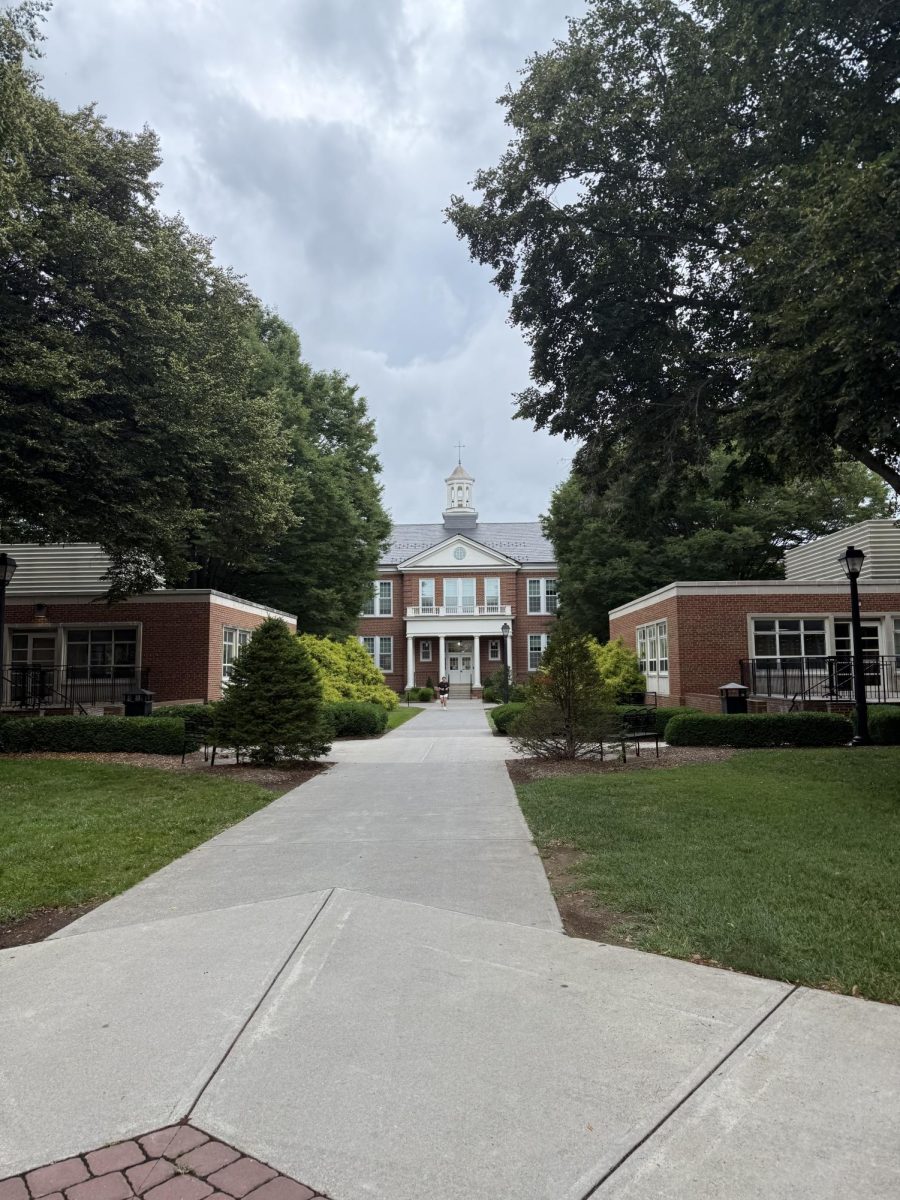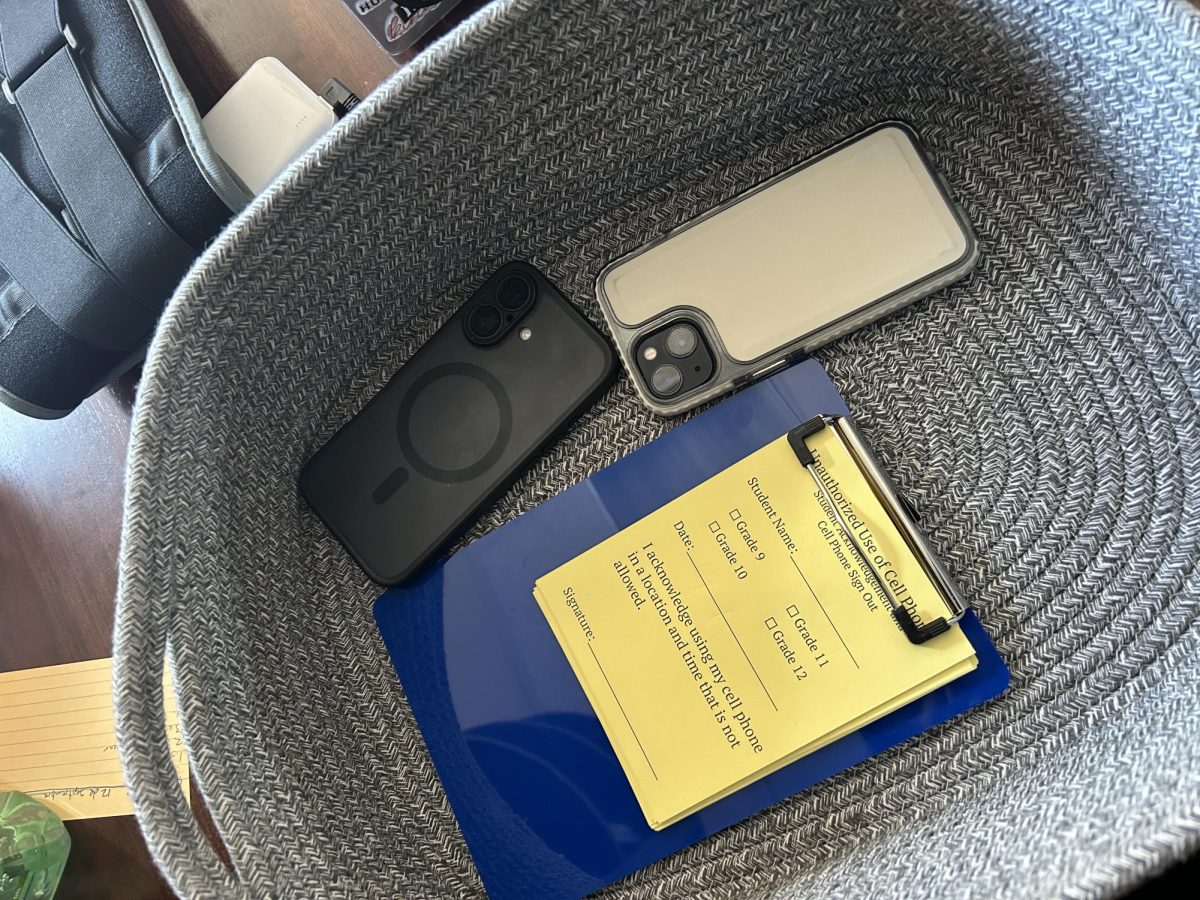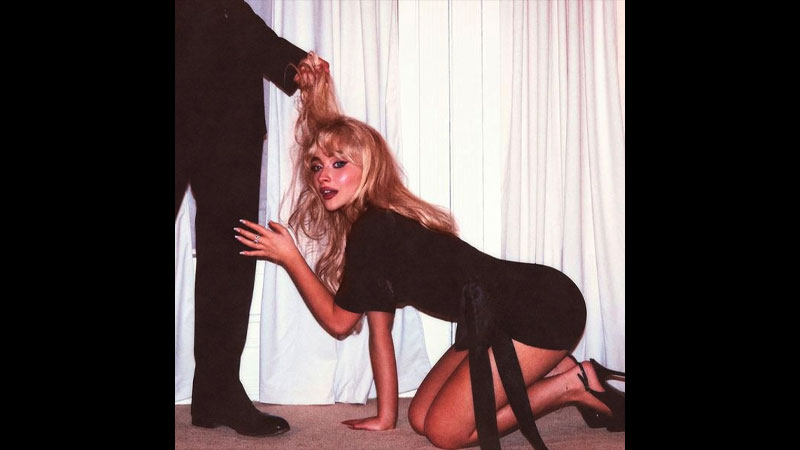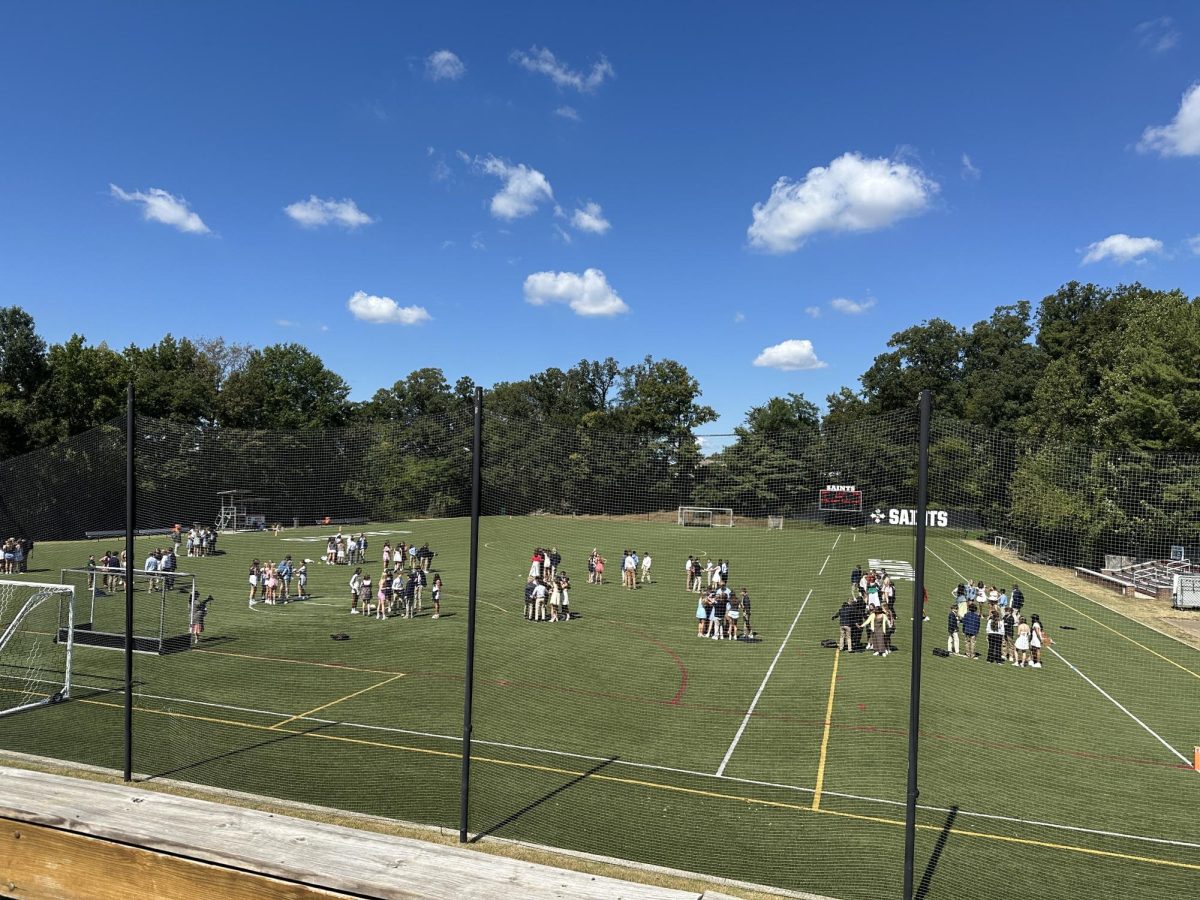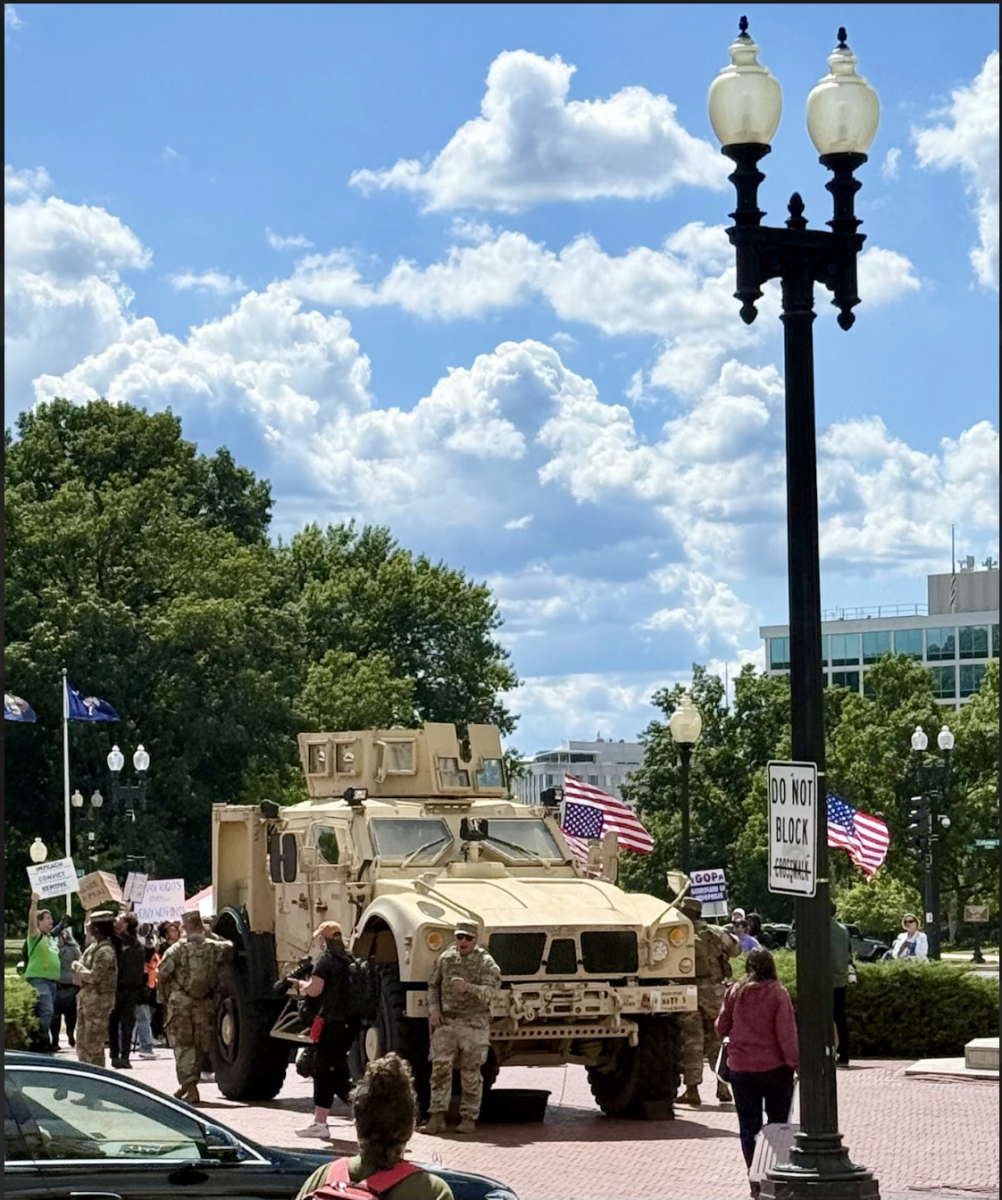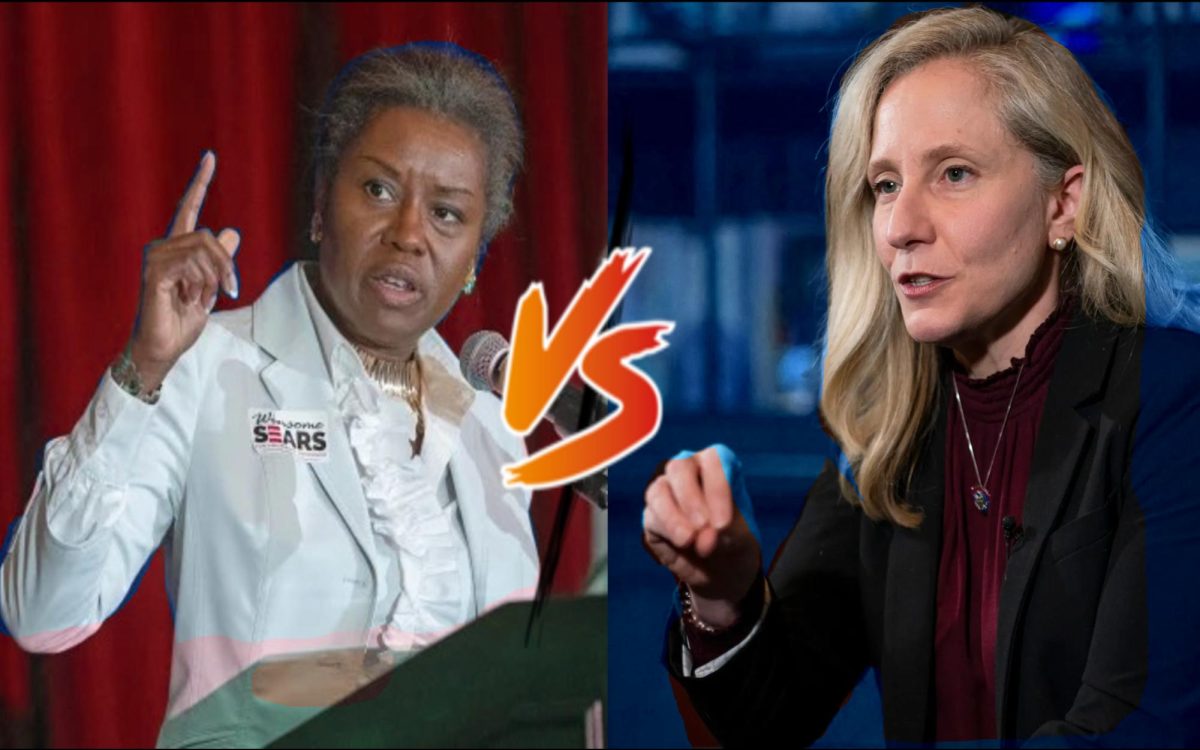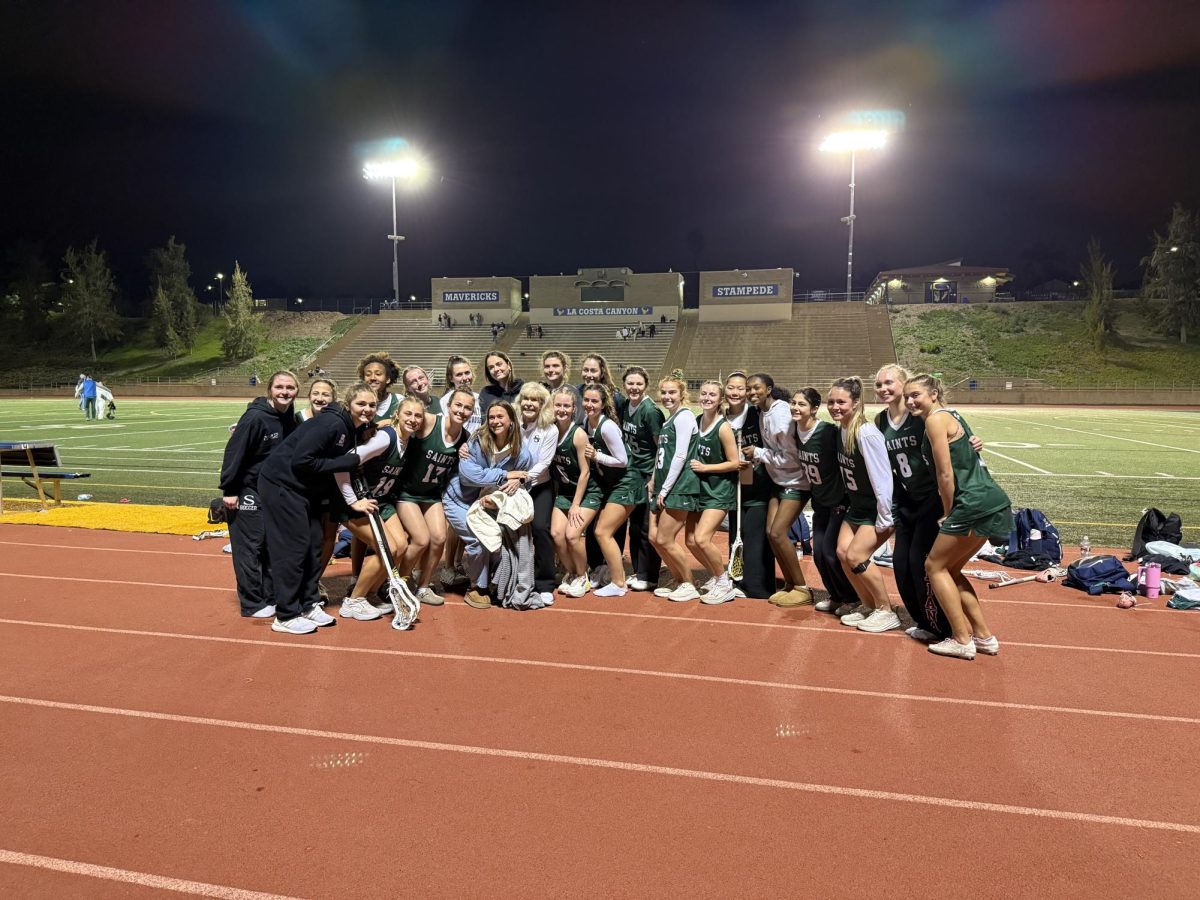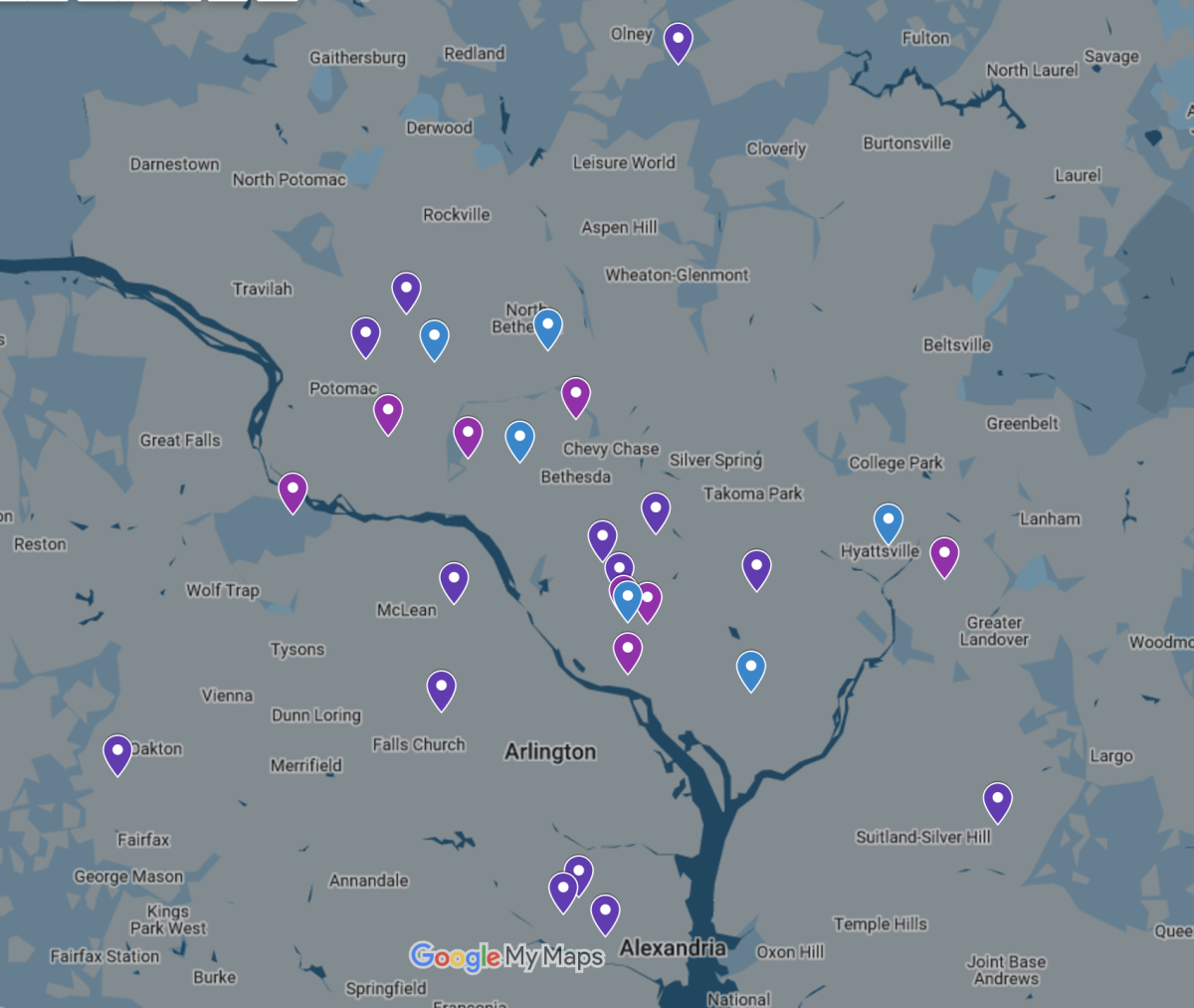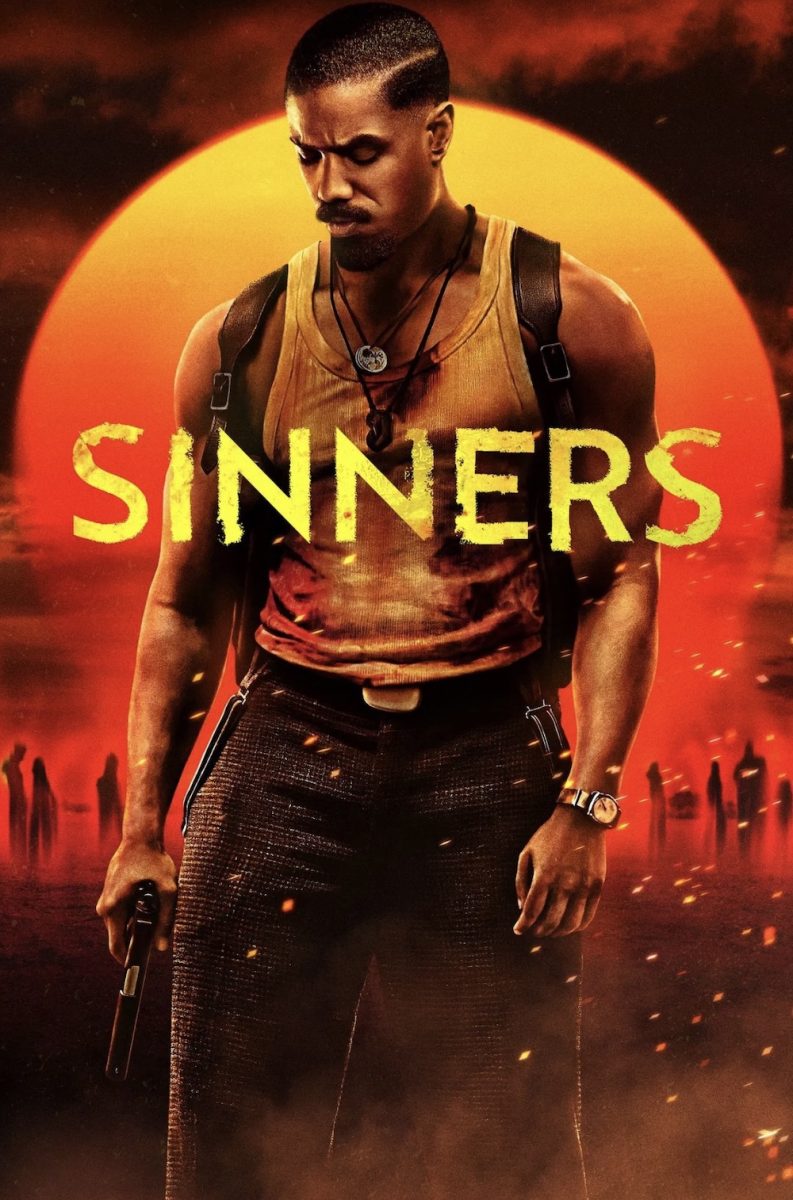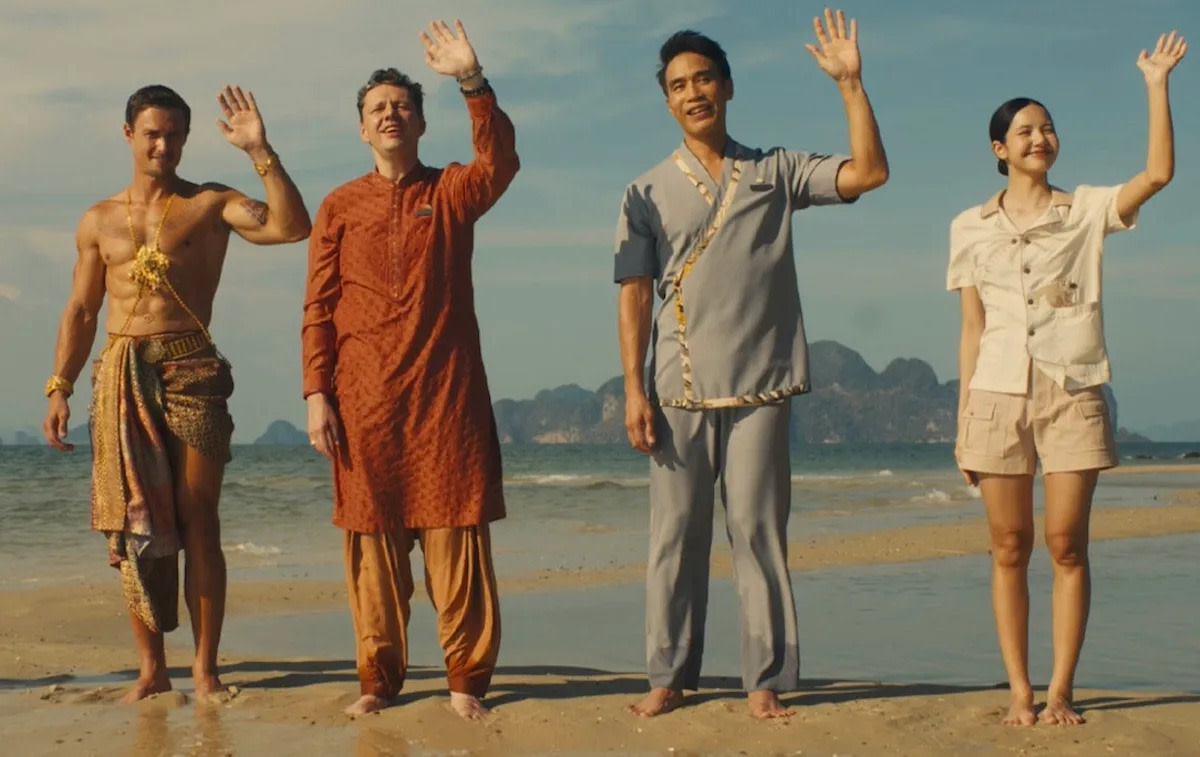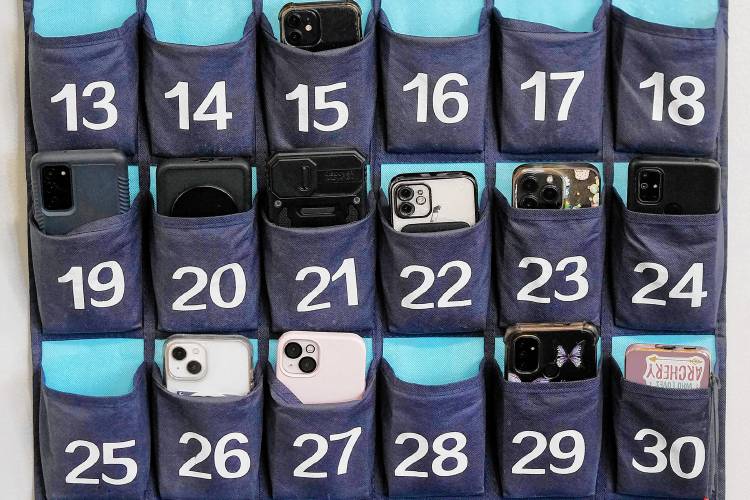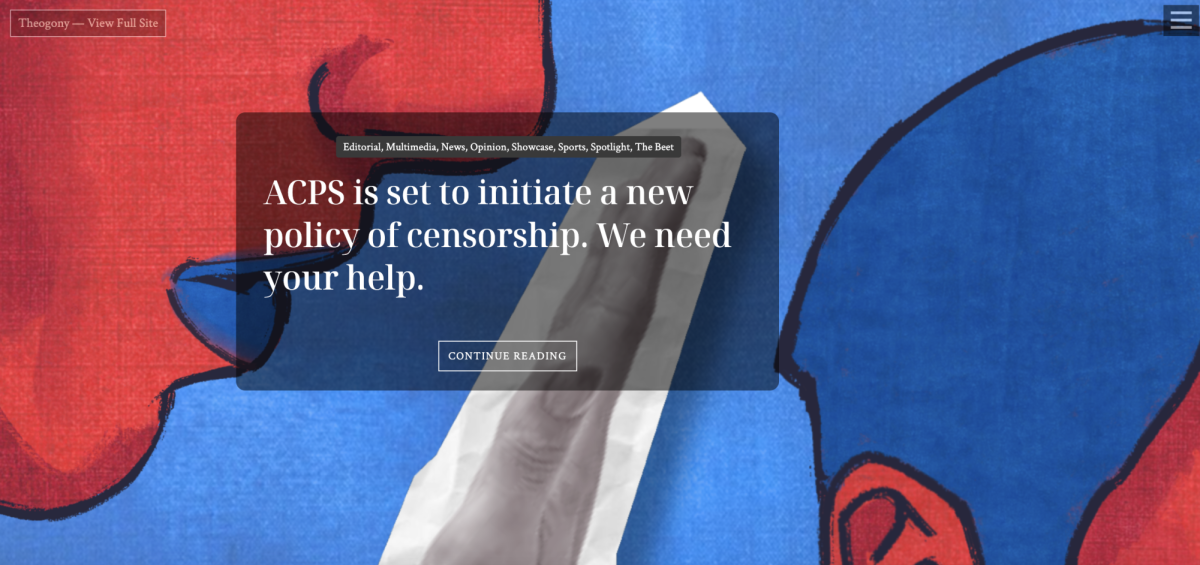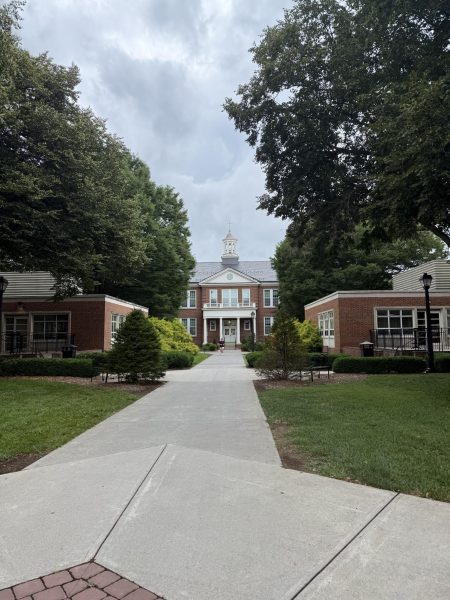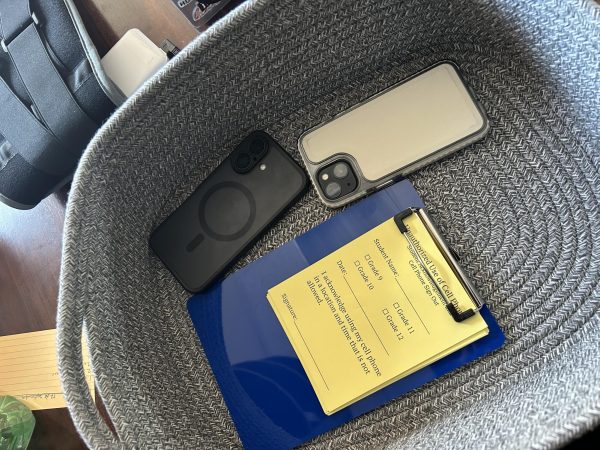Opinion – Politics In Friendships: Where Does It Cross the Line?
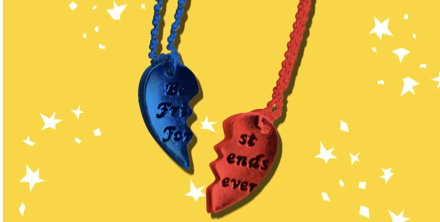
This article is an op-ed published as part of The Voice’s “Controversial Issue” 2023. Please see the Editor’s Note on this year’s edition.
Have you ever experienced an awkward moment with a friend when politics come into the conversation? Maybe you slipped up and said something you knew they would be offended by. Maybe you didn’t know they supported a person whose name isn’t even allowed to be mentioned at your family dinner table. Or maybe, you knew all along and just decided to put it aside because they are still your friend after all. The things they believe in don’t change the person they really are, right? Or does it change everything? Maybe you don’t want to be friends with someone who supports things that are unethical to you. If it goes against every little thing you believe in, how are you supposed to just toss that aside? Is not feeling safe to express yourself in a friendship a deal breaker? These are all questions that people of all ages are struggling to answer. I asked members of the Saints community, Lauren Irish-Maldonado(‘23, Republican), Abhay Mathur(‘23, Independent), and Mr. McNutt(Independent) their opinions on politics in friendships.
Lauren Irish-Maldonado is a senior who identifies as a Republican. She is the leader of the school’s “Young Republicans Club” and stated that she believes most of the school is aware of her political party. I asked Lauren if she has ever felt judged because of her opinions by people she does not know. She said, “Definitely. For example, when I first announced the club our club poster got torn down like 3 times. And then I got threatened with violence from around three different people, people that I’ve just never talked to. They were like ‘Yeah let’s go beat her up.’” When I asked Lauren if politics had gotten in the way of her friendships in the past she said, “I’m involved in theater and definitely in the theater community everyone usually has the same opinions on political issues. And I tend to disagree with some of that. Definitely last year, I did have some issues where I would be talking to someone and they would just throw an opinion at me and then look at me and be like, ‘do you agree?’ and I’d be like, ‘Um, well, I see your point but also, have you considered this and that?’ So yeah, that’s definitely affected me.” I asked Lauren if she has any close friends with different political opinions than her and if she is able to look past those differences. She replied, “I’m friends with a lot of people. My closest friend and I disagree on political stuff all the time. And in my main friend group, I don’t think I share many opinions.” She went on to say “…it’s about finding your own space you know, you can be friends with someone and be able to disagree, but I think definitely relationship boundaries change because you feel like you can’t really express how you feel about a particular issue and you can’t really share that and, for some people like me, politics is a huge part of our lives because we’re living right next to the capital. And if you feel like you can’t share that part, then it definitely makes the relationship a little impersonal.” I then asked her if there are any political dealbreakers she has, she said, “If you’re someone who attacks people based on their political opinions, then I don’t want to be friends with you at all. And if you disrespect people’s religious values, I don’t agree with that at all, either.” She ended the conversation by saying, “But if we disagree on like immigration, or like the economy or just like simple issues, like let’s talk about it because I think that’s the best way to reach a consensus. It’s not to argue, or to fight, or to debate, it’s to come to a consensus about how we can make the country a little better.”
Next, I interviewed a new teacher at our school, Mr. McNutt. Mr. McNutt told me he identified as independent. He stated that all of his friends tend to know his political opinions because he is a very open person. When I asked Mr. McNutt if politics has ever come between him and the friendships around him. He said, “Yes and no. I do not align myself with certain political policies or stances just because of a political party. Because I’m loyal to certain ideologies and values, whichever political position lines up more with what I believe are good civil rights, human rights, fairness, and equality, I’ll support that position. And so in that regard, whenever I am talking about political issues with friends, I’m never defending a political party or cutting someone off just because of theirs. There are some people who are very much opposed to some of my positions though, and I have heard them say certain dismissive or accusatory things toward me based on those positions.” He ended this answer with, “So yeah, I’ve never intentionally said I’m not going to be friends with that person anymore because of their political beliefs. But at the same time, I have thought, ‘My goodness, how can they believe that?’ And then it’s just difficult to stay in a healthy, fruitful friendship with that person.”
I then asked Mr. McNutt if being friends with an extremist would be a problem for him. He answered, “I have never intentionally ended a friendship. But, I would say, over time, they just kind of fizzle out. Because friendships are built on having things in common like you enjoy doing the same things together and having shared interests. If you end up having those very different opinions or ways of acting out on your beliefs, then just kind of by nature, the friendship does change.” He then said, “If somebody does really go off on the deep end into the extreme end of things, then there have been a few folks I’ve cut myself off from, like people who defended January 6th. I just think that whenever it comes to people trying to defend the harming of innocent individuals, then I started asking, do I want to associate myself with this person? If they think it’s totally okay for nonviolent protesters to be beaten and tear-gassed in the streets or they think it’s fine to create a violent mob that breaks into our nation’s capitol building then it’s like, I don’t know man. I would say violence and harming others is where my line is.”
In conclusion, I think it depends on the person and the comfort they have with potentially getting into some weird conversations. But something I want everyone to take away from this article is that no one ever deserves to be harassed for their political opinions, especially not by their peers. Everyone can disagree with things and I feel that if you’re extremely uncomfortable with someone’s beliefs then you should not have to stay in a relationship with them. Feeling safe in a friendship environment should always be put first. I want to end this article with a quote from a senior Abhay Mathur. “I think it’s important to talk a lot about politics. And even if the other person has a different side you should really talk to them because I feel that, in our society, we have a stigma against talking about politics. Issues don’t get solved unless we talk about them. I think it’s really important to reach out to people with different opinions. And to just talk to them. See their side story.”
